gastrointestinal lymphoma in cats symptoms
Mediastinal lymphoma occurs within the chest and therefore is. Lymphoma lymphoma is the most common spinal tumor in.

3 Ways To Treat Feline Intestinal Lymphoma Wikihow
Lymphoma in cats symptoms will depend upon where the cancer is located.
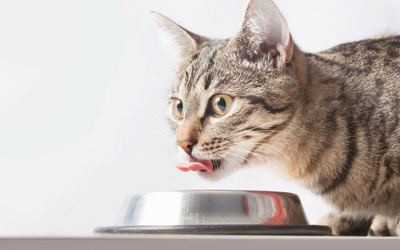
. Lymphoma in cats that isnt treated with chemotherapy usually causes the death of the feline in less than 4 weeks. The most common form of feline lymphoma this disease usually occurs in cats between the ages of 9-13 years of age and is the least likely to be linked to feline leukemia. Symptoms of GI lymphoma in cats may include.
Lymphoma in cats that is not treated with chemotherapy usually causes the death of the patient in less than 4 weeks. Lymphoma is a cancer of the lymphocytes which is a type of white blood cell. Diagnosis of lymphoma in cats.
Increased thirst and urination. A cat with intestinal lymphoma will often experience diarrhea weight loss and vomiting. It is the most common cancer seen in felines and it accounts for about 30 of new cancer diagnoses in cats.
Some of the signs of intestinal lymphoma in cats are weight loss changes in appetite and vomiting andor diarrhea. Diagnosing the disease typically begins with owners providing a patient history accompanied by a physical examination by a veterinarian. Physical exam findings may be normal though thickened intestines or abdominal masses may be felt.
Symptoms of Intestinal Lymphoma in Cats. Symptoms of intestinal lymphoma in cats vary a great deal depending upon the situation. If GI lymphoma is suspected additional tests may be required like.
These symptoms often include respiratory difficulties such as labored breathing coughing panting increased respirations open mouth breathing and other signs of respiratory distress. Most noticeably the cat will likely experience a gradual overall decline including. Some cats have a decrease in appetite some have an increased appetite while others have no change in appetite.
Gastrointestinal GI lymphoma is the most common form and includes the stomach liver and intestines. The symptoms of lymphoma generally relate to the location of the disease. Low-grade gastrointestinal lymphoma may be more common than previously thought and these cats respond better to chemotherapy agents.
2 Cats with gastrointestinal lymphoma typically have symptoms such as diarrhea dehydration decreased appetite and weight loss. When this happens some. Only 10 of them have symptoms such as vomiting diarrhea and dizziness.
Lymphoma may cause a mass which can potentially block the intestinal flow. Affected cats often develop weight loss vomiting and diarrhea. Renal Lymphoma in Cats Lymphoma can affect the kidneys as well.
On the other hand cats that are treated with prednisolone alone can survive for an additional 60-90 days although this isnt guaranteed in all cases. How is high-grade GI lymphoma diagnosed. Clinical signs of lymphoma in the gastrointestinal tract include weight loss vomiting diarrhea and often either a decreased or increased appetite.
Symptoms of this form of feline lymphoma include. With the proper approach 75 of cats enter a clear period of remission. Weight loss Lethargy Poor appetite.
Some of the most common areas of the body that can be affected by this cancer are the gastrointestinal tract chest cavity liver and spleen and bone marrow. Renal lymphoma symptoms include signs of kidney failure such as. Clinical signs of lymphoma in the gastrointestinal tract include weight loss vomiting diarrhea and often either a decreased or increased appetite.
Most cats are feline leukemia virus-negative and feline immunodeficiency virus-negative. Complete blood count CBC. Respiratory issues including a persistent cough and difficulty breathing.
Luckily chemotherapy is a very well-tolerated approach for cats. Diagnosing Lymphoma In Cats. Symptoms of Lymphoma in Cats.
Some of the most common symptoms of feline gastrointestinal lymphoma include. Black or tarry bowel movements. Respiratory issues including a persistent cough and difficulty breathing.
Cats with small cell lymphoma SCL may begin to display symptoms gradually over time. These symptoms often include weight loss diarrhea vomiting and changes in appetite. Regardless of the site some symptoms are common to all lymphomas.
Gastrointestinal lymphoma is a common cause of anorexia and weight loss in older cats with or without vomiting or diarrhea. Some symptoms of lymphoma in cats include. Weight losspoor body condition.
In cats with large cell intestinal lymphoma these symptoms can come on very rapidly in a matter of just days or weeks whereas cats with the small cell version of the disease will show a much slower. Mediastinal Lymphoma in Cats If your cat has mediastinal lymphoma youre most likely to notice respiratory problems like difficulty breathing gasping or wheezing. Sneezing or nasal discharge nasal lymphoma Vomiting GI lymphoma.
In general the symptoms may reflect other diseases and specialized tests are typically required to obtain a cancer diagnosis.

How To Diagnose Feline Intestinal Lymphoma 9 Steps
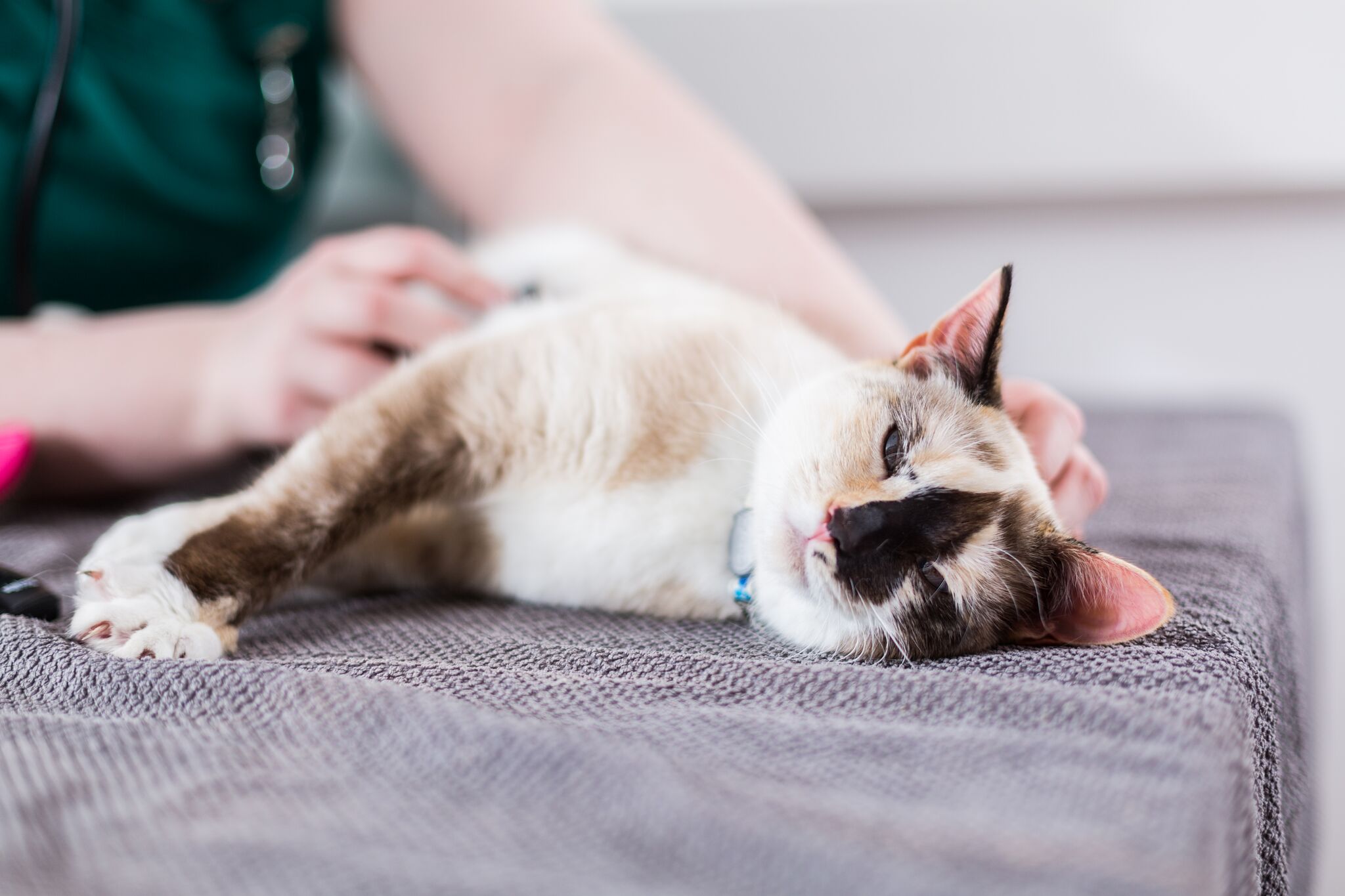
Blog Referral Vets In Leeds Swift Referrals

Living With Lymphoma Catwatch Newsletter

Lymphoma In Cats Vca Animal Hospital

Read About Gastroenterology In This Article By Sandra Grover

How To Diagnose Feline Intestinal Lymphoma 9 Steps

What You Need To Know About Feline Intestinal Lymphoma Vlog 98 Youtube
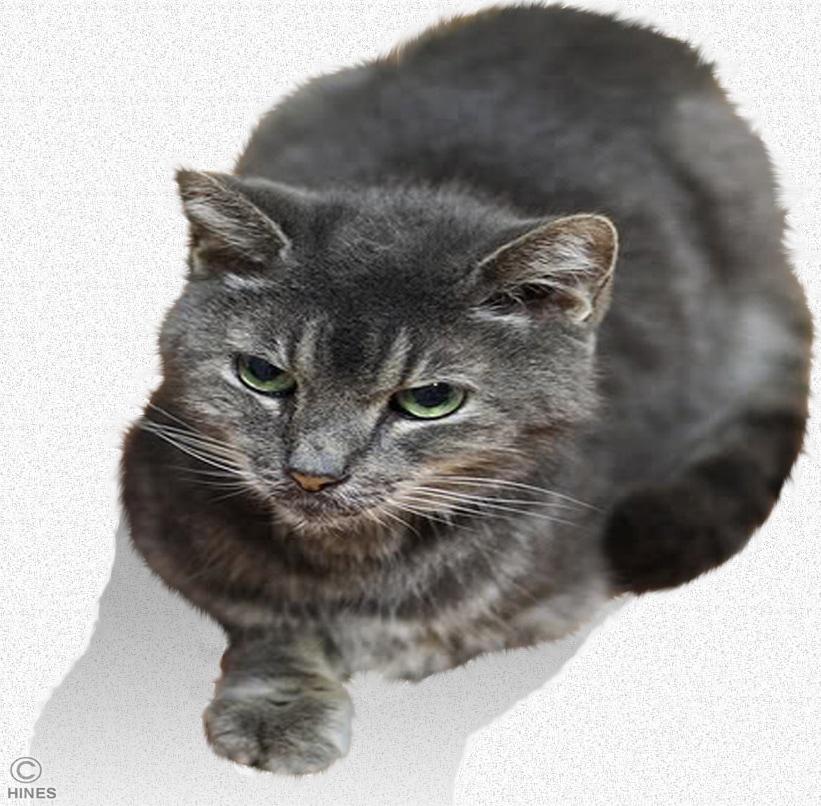
Lymphoma In Your Cat Ron Hines Vetspace 2nd Chance The Animal Health Website

Lymphoma In The Cat Fact Sheet Davies Veterinary Specialists

Causes And Risks Of Cat Lymphoma And Leukemia Vlog 97 Youtube

Lymphoma In Cats Veterinary Partner Vin

Feline Gi Lymphoma And Ibd Research At Basepaws
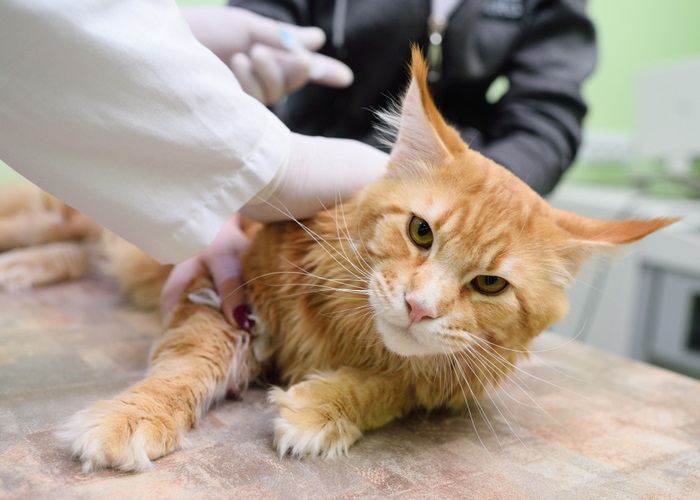
Lymphoma In Cats Symptoms Diagnosis Treatment All About Cats
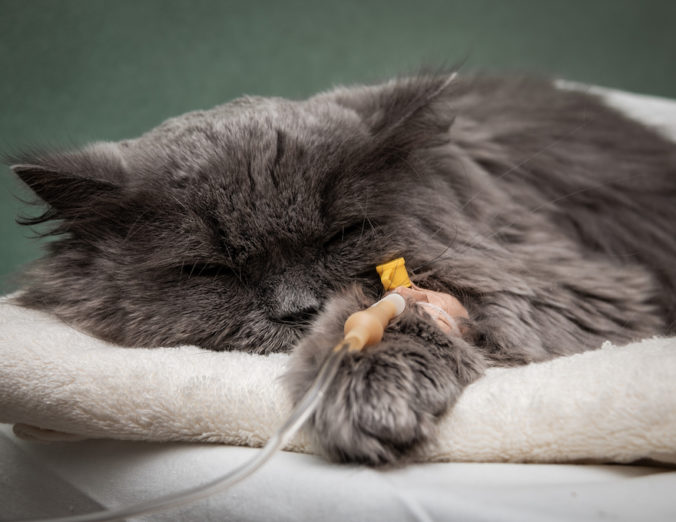
Diagnosis And Treatment Of Feline Lymphoma Glories Veterinary Hospital

How To Diagnose Feline Intestinal Lymphoma 9 Steps
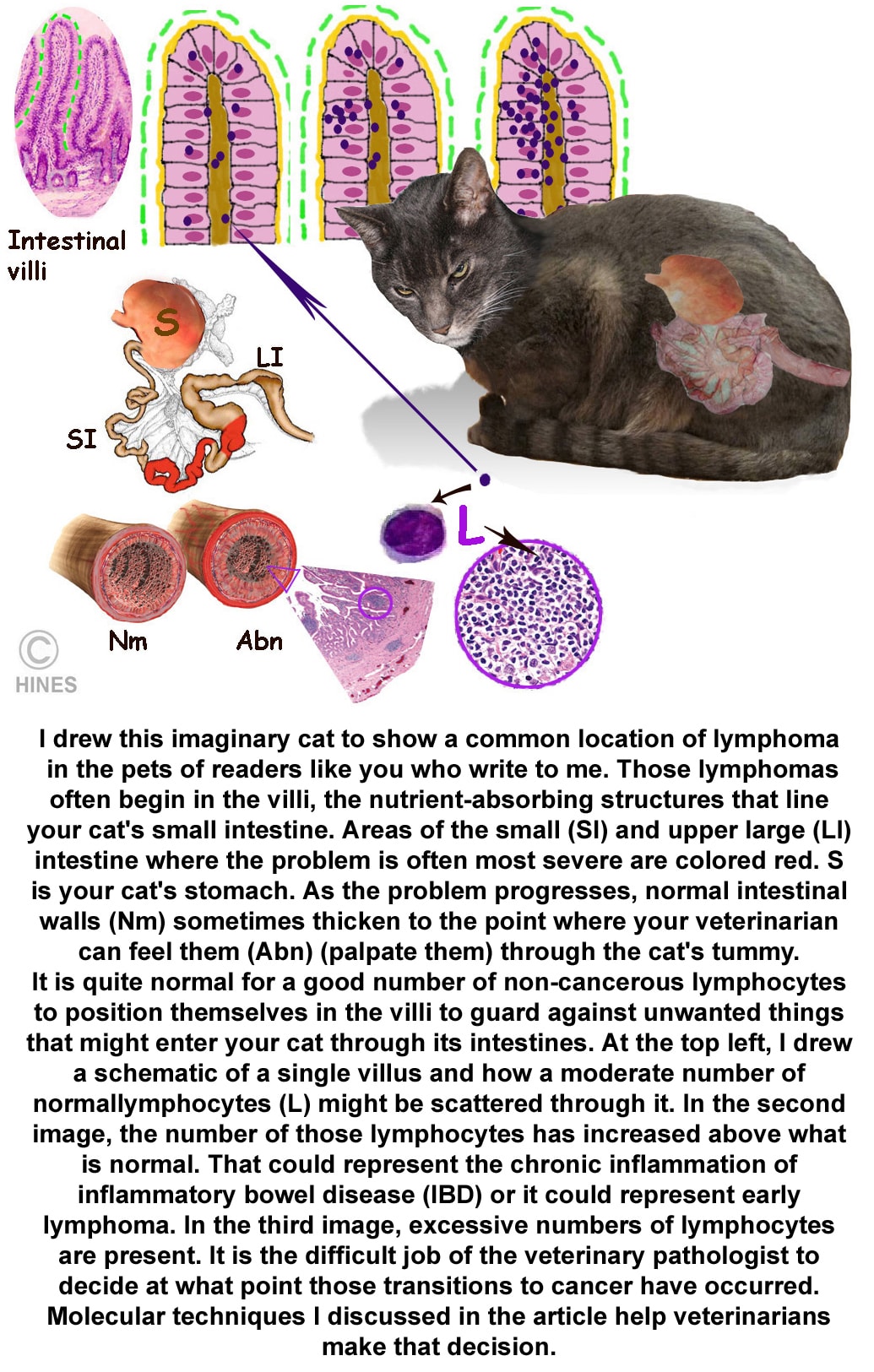
Lymphoma In Your Cat Ron Hines Vetspace 2nd Chance The Animal Health Website

